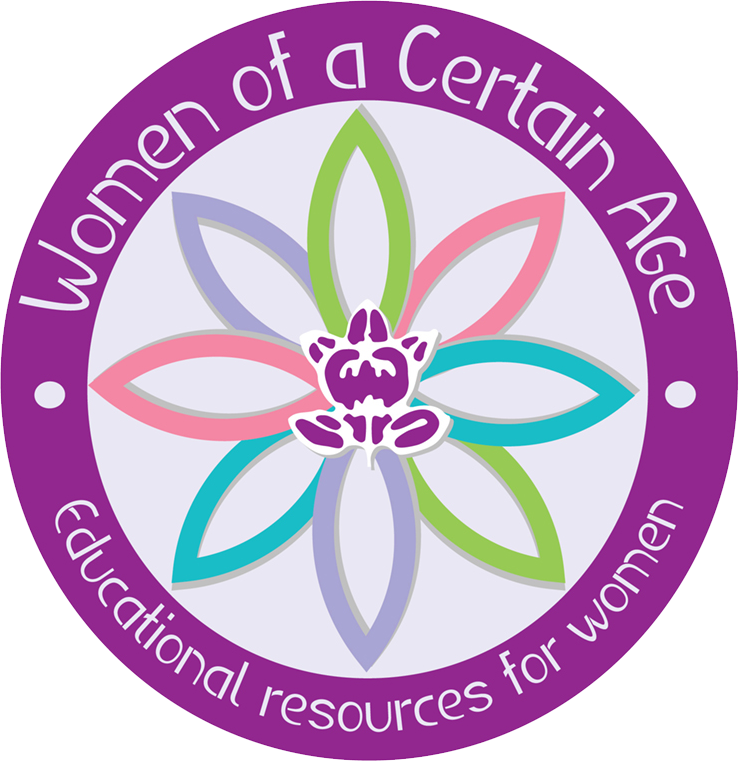Innovative, bold thinking characterizes the career of Jacki Gethner.This ABMP member won the Kaiser Permanente HIV/AIDS Diversity Award in November 2009, a signature achievement that includes a $10,000 award. Born in Chicago,Gethner became an advocate for patients with HIV-related complications in 1987 following a friend’s diagnosis. Now hard work, determination, and a talent for identifying grant opportunities has extended her advocacy to an international audience through speaking engagements, workshops, and training seminars.
What led you to become a massage therapist?
I was a mental health worker. I worked as a counselor in a psychiatric unit. I learned quickly that the body is the vehicle for some of the issues that people experience mentally. The body kept repeating the cycle of the abuse or the neglect, so I wanted to treat the body as well as the mind.
How did you become involved with HIV advocacy?
Back in the mid-’80s, there just weren’t many resources for people with the virus. More to the point, people who had HIV just weren’t touched. Or if they were, it was through layers of gloves. So part of it was developing training programs and workshops. “Train the trainers” is one of my ongoing goals. The gift goes much further when we can teach skills to groups who then work with others within their scope of practice.
What’s your focus at the moment? Right now, HIV rates are increasing among my own demographic. Infection rates among people over 50 have increased from 15 to 18 percent. That might not seem significant, but it definitely is. I plan on taking part of the grant money from the Kaiser award to create a self-supporting, peer-based education program for women over 50. The goal is to teach women to teach others within their peer group—however that peer group may be defined—where to get tested, how to be assertive with a potential partner about practicing safe sex, and how to find the vital information they need.
You’ve been particularly innovative about getting grants to support your work. How do you do so?
It’s very tricky. Aggressiveness and assertiveness have to do with some of it. Many government grants are awarded specifically to nonprofits. I collaborate with a fiscal agent, the Community Education Center—a nonprofit that sponsors my work. This allows me to work under the umbrella of a nonprofit, without having to take on the work of running one. That sort of grant work helped me contribute through an HIV awareness program that I gave in Oregon’s state penitentiary four times a year. You can also promote yourself to local government agencies, offering research information about massage. While they don’t always advertise it, most have health promotion departments with money that needs to be spent. I’m just forthright and bold enough to promote my services to them.
Those services usually involve workshops and trainings.How do you develop them?
By first finding the need. For example, I created a class on family massage and respectful touch among family members. You might have a child learn how to help a disabled sibling. Likewise, you can teach children and parents how to positively de-stress each others’ muscles. It empowers and strengthens the family bond. That sort of program you can advertise to local organizations like the PTA.
You seem to be very involved in your community. Tell us about some of your outreach initiatives.
Outreach is a huge need. The most unfortunate thing I see is that massage therapy’s involvement in community spirit is increasingly revolving around athletic events—Walk-a-Thons and that sort of thing. Massage therapy means significantly more than that.
I’ll give you an example. My first year in Oregon, I participated in an event called Project Stand Down. It’s a nationwide event to help the homeless. I pitched an idea to the local director and I taught these folks reflexology over three days. I made up 85–100 reflexology charts to give to them. Afterward many told me they had the best night of sleep they could remember. Some showed up years later, still holding on to now-tattered charts. That’s an incredible reward. The bottom line is massage therapists need to get outside of their offices.
Do you have a particular philosophy about your work?
I’m very passionate about it. I think one of the most important things I tell myself is that I’m not an expert, even though I qualify as such in my field. When I quit being the student, I quit being the teacher. The other thing I feel massage therapists need to keep in mind is that people are capable of change and improving themselves. It’s sort of like we help them find the beginning of a ball of yarn so our clients can make a sweater.
-Sean Eads
Sean Eads is a freelance writer and reference librarian living in Denver, Colorado.

